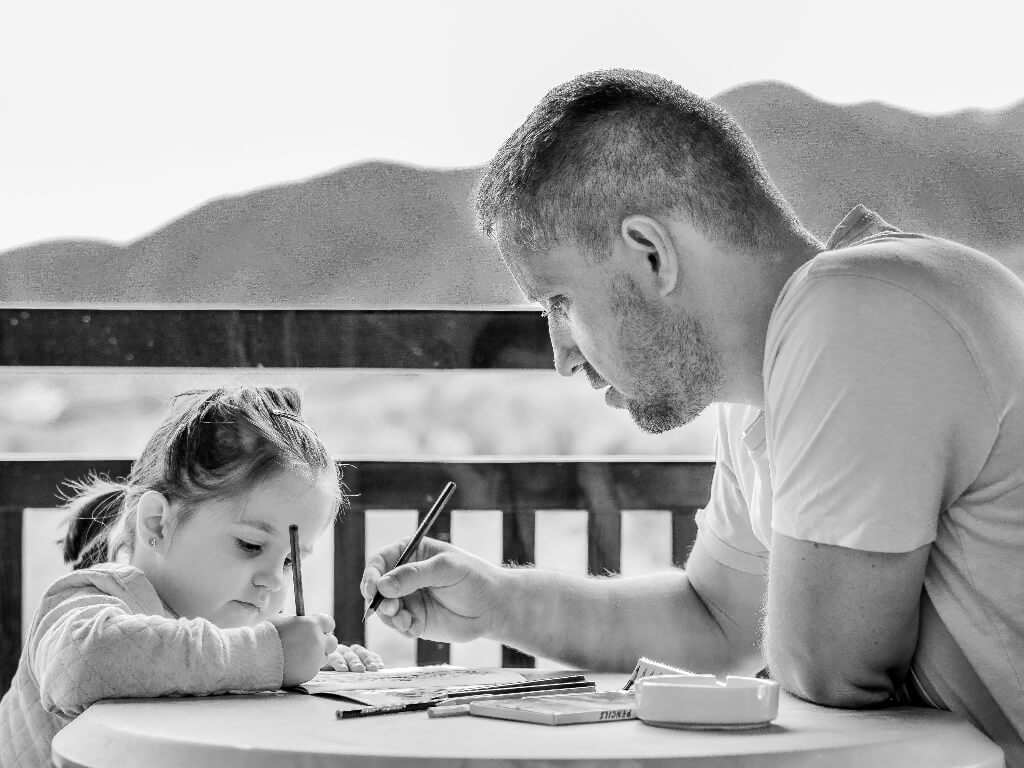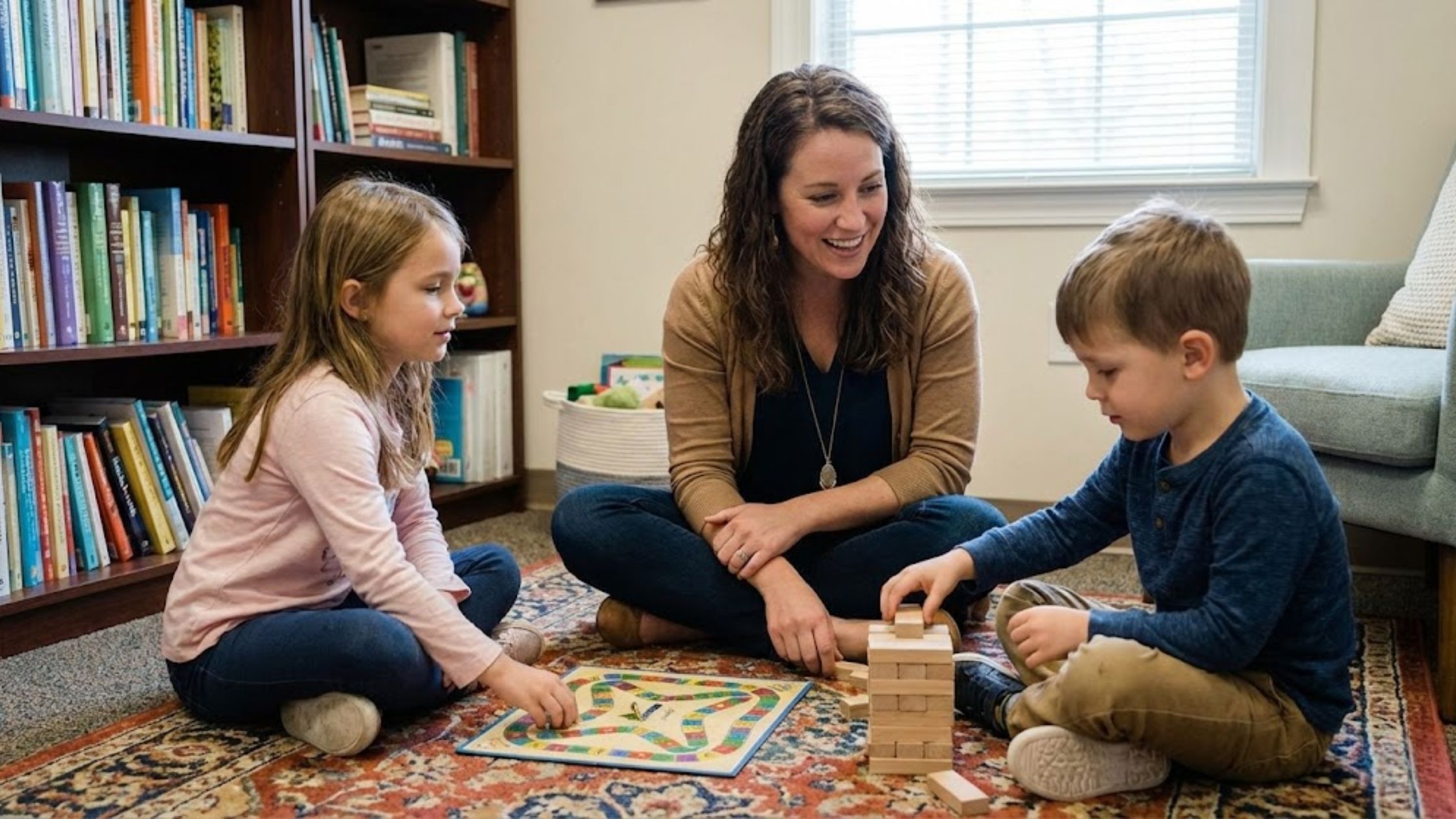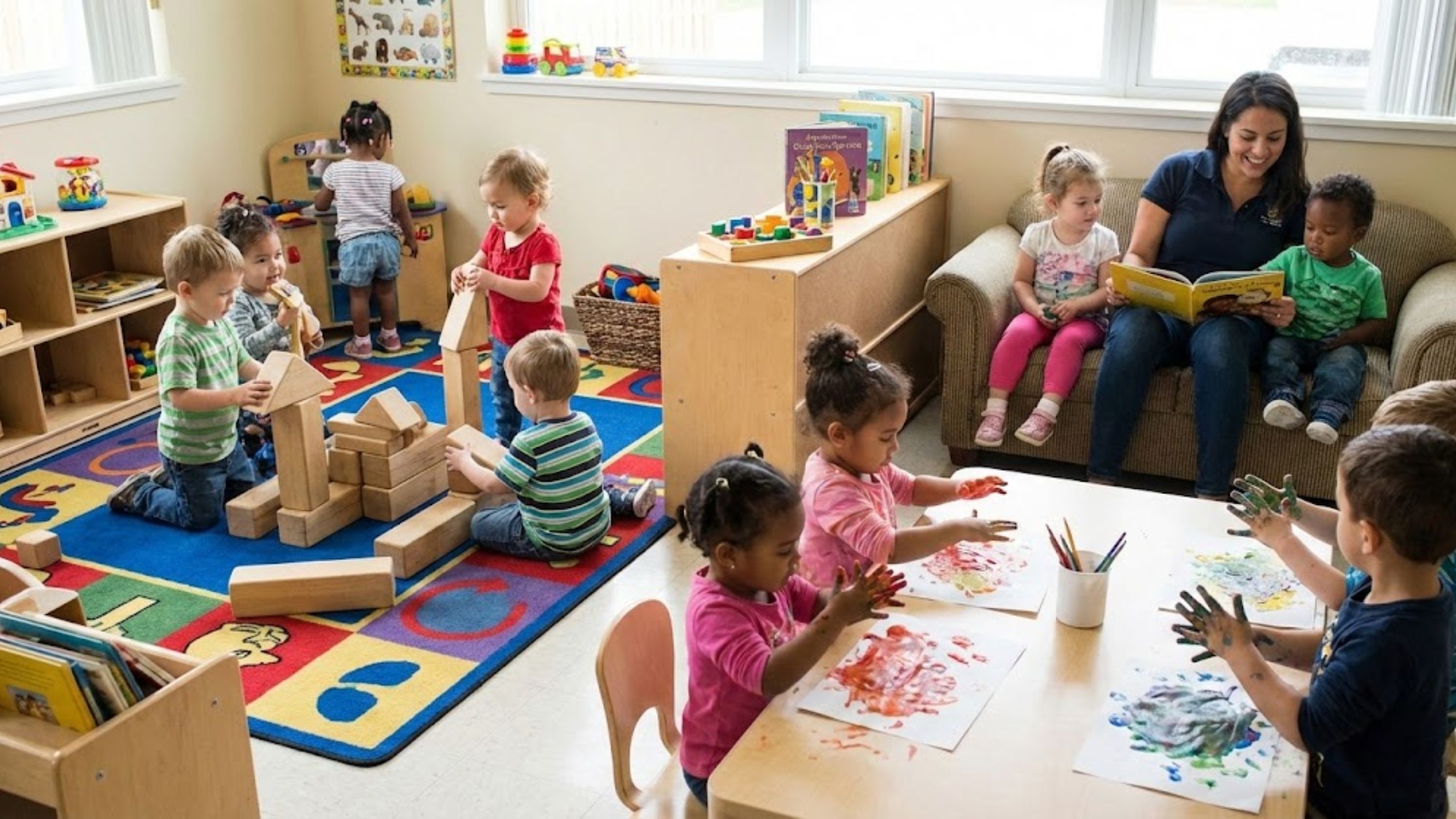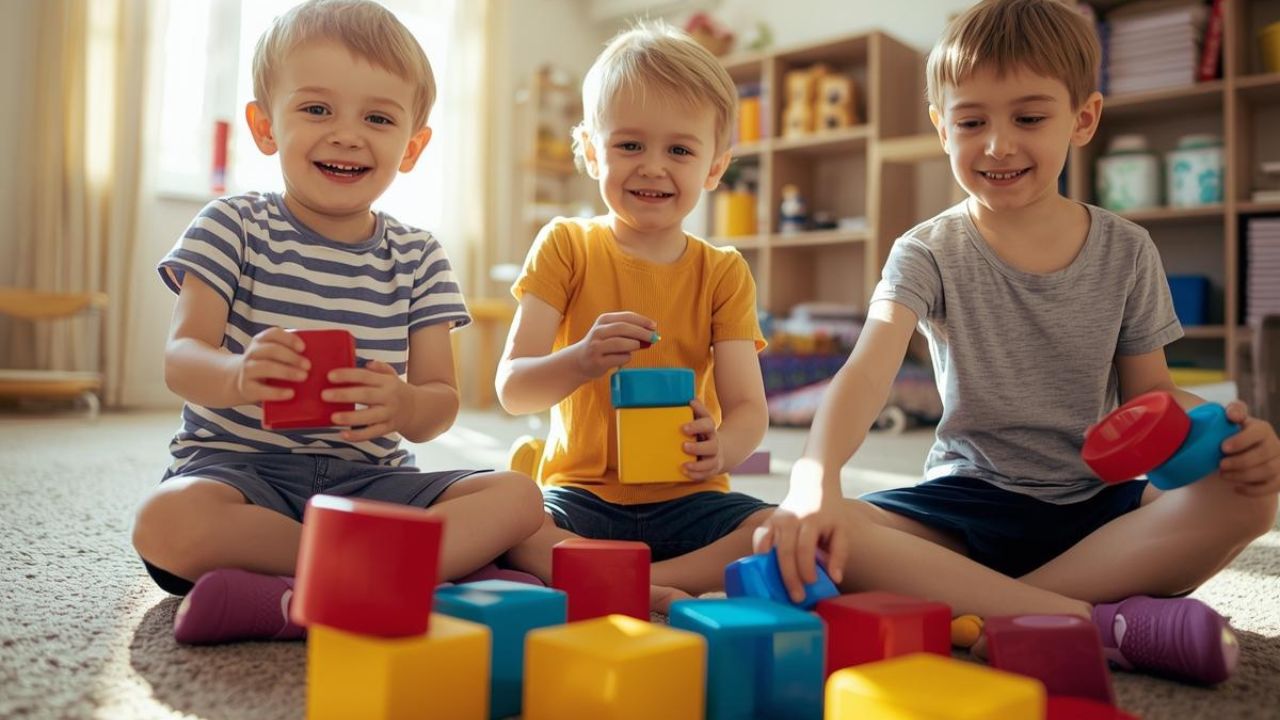In the previous article, we discussed what permissive parenting style is and how it affects your child. We also discussed, in brief, the differences of permissive parenting to the other three primary parenting styles. We will continue it in this article but we will focus more on the difference between authoritarian vs. authoritative parenting.
People usually mistake authoritarian over authoritative parenting. The best way to describe this is one style is more like a dictator, while the other one is more of a leader.
Authoritarian Parenting
Authoritarian parenting is a parenting style where there is a high demand for control but is not responsive to their children’s needs.
Responsiveness refers to how much loving attention a parent gives to a child.
Thus, authoritarian parents like to take complete control of their children by simply demanding blind obedience on what needs to be done, how it should be done without explaining why.
They expect perfection and discipline all the time without expressing any form of gratitude or feedback.
Authoritarian parents tend to use physical punishment and verbal abuse to discipline their children. They believe that employing this and being strict with their children leads to more well-behaved, more successful individuals. Since they (children) end up scared of their parents, it is easier for them to handle them.
They are also focused on their children meeting their adult standards than letting them enjoy their childhood.
There are various reasons why adults use this parenting style as a way of raising their children.
It may be attributable to how authoritarian parents are raised by their own parents.
It can also be attributable to the culture or nationality of the child.
Others simply use this as the easiest way to get children under control.
What are the characteristics of authoritarian parents?
Authoritarian parents are known for being strict with little to no appreciation. In addition, authoritarian parents are more likely to have the following characteristics:
- Authoritarian parents tend to resort to shaming, yelling, and physical punishment to discipline their kids
- Parents have little tolerance for mistakes. They demand perfection and expect their children to be successful.
- They are impatient with misbehavior. Authoritarian parents lack the patience of explaining to their children why missteps are not tolerated. Parents are likely to snap at the slightest sign of error.
- Authoritarian parents are neither warm nor nurturing to their kids. Parents are likely to yell and shame rather than give positive feedback.
- They don’t trust the decision of their children and are unwilling to negotiate.
While Authoritarian parents believe that all of this training is for their children to become responsible adults, studies have shown that authoritarian parenting style has more negative than positive effects.
What are the effects of authoritarian parenting style?
Evidence-based studies have reported the negative effects of authoritarian parenting styles on children. Here are some notable effects:
- Children raised by authoritarian parents tend to suffer from Conduct or Behavior Problems (Thompson et al. (2003), De la Torre-Cruz et al. (2014)). Conduct or Behavior Problem/disorder is characterized by children acting out or being aggressive towards other people.
- Children tend to have a high probability of suffering from negative thoughts and mental health disorders such as OCD and Depression.
- Authoritarian parents can cause children to have lower self-esteem
It is not all negative though. Some studies found that this style of parenting also makes children successful in life since they are trained to achieve success and face challenges (from parents) at such an early stage. Of course, this is entirely dependent on the circumstances and culture.
What is Authoritative Parenting
Among the four parenting styles, authoritative parenting is the parenting style that psychologists most prefer and has the highest positive effect on both the parents and children.
Authoritative parenting is defined as both high in demand and high in responsiveness. This means that while authoritative parents are warm and nurturing to their children, consequences are in place for bad behavior.
Authoritative parents still have high expectations from their children; they are still strict, impose rules, and correct using positive discipline. The difference is that they listen to their children, explain why something is unacceptable, and engage in active discussion.
In essence, authoritative parents treat their children as young adults.
What are the characteristics of authoritative parents
The following are the traits for parents employing an authoritative parenting style.
- They encourage the expression of opinions and decision-making. Authoritative parents teach their children critical thinking so they can be independent later on.
- While they allow their kids to do what they want, authoritative parents set boundaries, put rules, and limit absolute freedom.
- Authoritative parents reward good behavior but don’t let bad behavior go unpunished. They discuss why it is wrong with their children and make them understand why it is not ok to repeat the same mistake.
- Authoritative parents tend to let their children make choices.
Since authoritative parents treat their children as young adults, they are more open to healthy discussion.
What are the effects of authoritative parenting style
By treating them as young adults,
- Children raised by authoritative parents are more likely to perform better academically.
- Research suggests that children have higher self-esteem and satisfaction in life.
- Another research found that children of authoritative parents have a more positive perspective in life.
- Authoritative parenting style also gives rise to kids who can manage anxiety better.
- Researchers found that an authoritative parent reduces mood problems and depression of their child of a different gender.
- One study suggests that authoritative parenting has a positive relationship with child competencies. Children of authoritative parents are also less likely to smoke.
In addition, authoritative parenting gives rise to more emotionally balanced, socially competent, and well-mannered individuals. Kids are more self-confident, with good social skills, and have happier disposition in life.
Difference between Authoritative, Authoritarian, Permissive, and Uninvolved
The main differentiators are the level of responsiveness and demand. This is best illustrated as a matrix with four quadrants, as presented below.
The X-axis is the level of responsiveness (the rightmost is most responsive, while the leftmost are least responsive). The y-axis is the level of demandingness (the topmost is most demanding, and the bottom is the least demanding).
Authoritarian parenting is located at the top left quadrant of the matrix, while Authoritative parenting is located at the top right of the matrix. Both parenting styles demand a high level of control, but the difference is the level of affection given.
On the lower quadrants, we have Permissive parenting and Uninvolved parenting; both have low demands. The difference is that Permissive parents show extreme affection, while uninvolved parents show no affection or care, except for the child’s basic needs.
Authoritarian and Authoritative Parenting – A side-by-side comparison
Now that the difference between authoritative and authoritarian parenting has been discussed, and the other different parenting styles have been explained briefly, time to make a side-by-side comparison of authoritarian vs. authoritative parenting.
Level of Affection
This is the main area where authoritative and authoritarian parenting differs.
Authoritarian parents withdraw affection towards their children. They believe that showing affection will make kids soft, undisciplined, and spoiled.
They also hold feedback, and during talks, they are more involved in children’s achievement and output than the process. Because of this outlook, authoritarian parents do not hold back when disciplining and imposing control on their children.
Authoritative parents, on the other hand, are not short on showing affection. They make their children feel loved by supporting them in their decisions and being present as much as possible, especially on important milestones in school and in life.
Because of this love that authoritative parents are also strict when it comes to rules and follow-through consequences.
Rules and Control
Both authoritative and authoritarian parents are strict when it comes to rules. The difference is how their approach.
Authoritarian parents often set rules that are unreasonable and enforce them with an iron fist. Their rules are law and cannot be broken, and when children do, they are dealt with harshly. Children are expected to follow blindly, without questions nor room for negotiation.
They use these strict rules to easier control their child. Children are controlled out of fear of being punished.
Authoritative parents set rules that are reasonable. These rules are explained to their children to help them understand and obey them open-heartedly. They are also open to discussion and meet halfway when needed.
Authoritative parents want control as well, but because children love and respect their parents, understand why the rules are in place, but are afraid of the consequences.
Discipline
It is expected that children make mistakes once in a while. The difference between authoritarian and authoritative parents is in how they discipline their children.
Authoritarian parents use harsh means to show displeasure and discipline their children. Sometimes, they withdraw all kinds of support the kids used to have. Also, some resort to verbal and physical abuse.
On the other hand, authoritative parents are more reasonable with their children. It is not to say that they are lax.
Instead, they punish their child by taking away luxuries or privileges and talking to their children about why it must be done. It is pretty standard for authoritative parents to get mad as well, but they try their best to maintain composure.
Which parenting style is the best for your child?
Studies have repeatedly shown that showing love and affection but maintaining control and discipline is the parenting style for your child. Some may argue that every child is different and requires a different approach to parenting.
Culture and family background are also relevant factors to consider.
Having said this, Authoritative parenting is still the best for your child, but you can shift your approach depending on the situation. The key is the right balance between affection and control.
It is worthy to note that treating your child like a young adult – with an open line of communication, and an avenue for discussion, without losing discipline, is the way to go.







